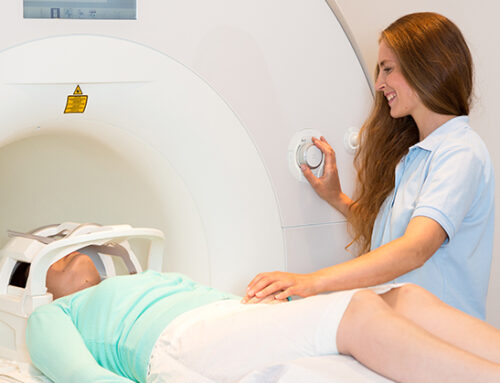After all the money that’s been poured into research on Alzheimer’s, much about the disease remains controversial or just totally mystifying to researchers. And yet important progress is being made, much of it in just the last several years.
Now researchers at Harvard say that they’ve discovered what’s probably a key cause of this memory-destroying condition. And if you make use of what they’ve learned, you can greatly lower your risk for the disease or actually prevent it.
The Mitochondria Connection
The scientists at Harvard focused on how the behavior of the brain’s mitochondria – the organelles in neurons that provide the cells with energy – are linked to the development of Alzheimer’s.
In so doing, they departed from the prevailing idea about Alzheimer’s in older people – the belief that it results when a buildup of a harmful protein called amyloid beta destroys neurons. The Harvard researchers note that the amyloid beta theory hasn’t produced any benefits for dealing with Alzheimer’s disease.
“A lot of people are realizing now that we have been focusing on the usual suspects — genetics and proteins ― and that’s brought us to a point where, despite billions of dollars in research, we are no closer to a disease-modifying therapy,” says researcher Jane Driver.
Instead, Dr. Driver and her colleagues point out that as we age our mitochondria tend to malfunction. The DNA in aging mitochondria are harmfully altered by mutations, and the mitochondria produce destructive free radicals whose oxidative activity chews up pieces of neurons.
This type of mitochondria “dysregulation,” Dr. Driver points out, is a natural part of aging. But in the brain, when impaired neurons with warped mitochondria start to predominate, healthy neurons get deprived of nutrients and begin to die off. Soon, the impaired neurons also die.
However, the Harvard researchers say you can keep your mitochondria healthier, and the brain functioning effectively, by exercising and eating a more nutritious diet – “a healthy diet and sufficient exercise, are perhaps the most important preventive interventions for AD (Alzheimer’s disease) and a host of other age-related diseases.”1
They also suggest that periodic fasting may help the brain’s mitochondria stay on track by inducing these organelles to use fatty acids (instead of the usual glucose) in their energy-producing functions.2
“If you take good care of your blood pressure, if you exercise regularly and eat a lower-calorie diet ― all those things contribute to metabolic (and brain) health,” Dr. Driver says.3
So, don’t fear Alzheimer’s – do something about it and lower your risk. Trade in processed foods for fruits and vegetables. Get outdoors for vigorous walks. Your brain will love you for it. And consider what you stand to lose if you don’t do something. . .
Death Rate from Alzheimer’s Leaps
According to the Centers for Disease Control and Prevention, the death rate for Alzheimer’s has jumped a frightening 55 percent since 1999.4 It is now the sixth leading cause of death in the US and the fifth leading cause among people over the age of 65. The highest death rate from Alzheimer’s is in the Southeast.
The good news is that, while the absolute number of dementia deaths is increasing, this is largely due to the growing percentage of seniors in the population. An individual’s risk of getting Alzheimer’s has actually gone down. Hard to believe, considering the number of people with Alzheimer’s, but your chances of avoiding it are just a bit better than they used to be.







